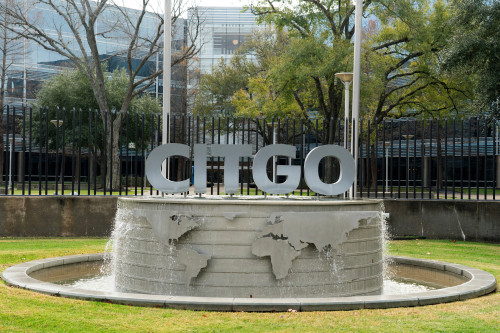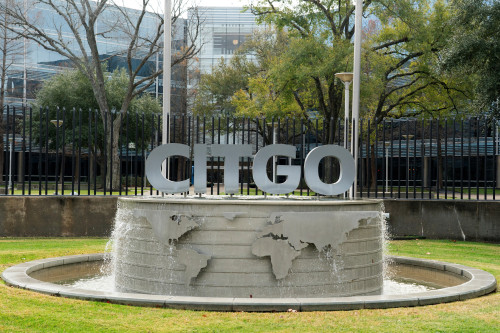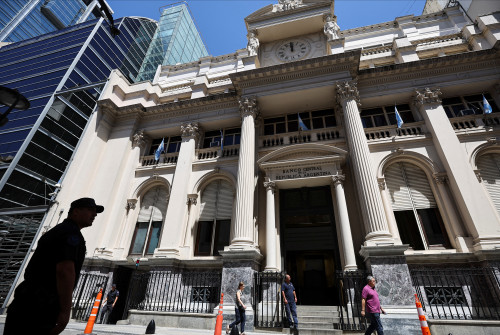LONDON (Reuters) – A wave of debt defaults by companies in the United States and Europe is imminent, due in part to the fastest monetary tightening cycle in 15 years, Deutsche Bank said in its annual default study released on Wednesday.
Deutsche expects default rates to peak in the fourth quarter of next year. It forecast peak default rates to reach 9% for U.S. high-yield debt, 11.3% for U.S. loans, 4.4% for European high-yield bonds and 7.3% for European loans.
Aggressive interest rate hikes to tame inflation from major central banks, including the U.S. Federal Reserve, have raised global recession risks. Europe’s biggest economy, Germany, has slipped into a recession.
The estimate for a U.S. loan peak default rate of 11.3% would be a near all-time high, compared to a peak of 12% during the 2007-2008 global financial crisis and 7.7% during the U.S. technology bubble in the late 1990s, Deutsche noted.
Default risks for European firms appeared lower than U.S. peers given a higher percentage of better-rated bonds as well as greater European fiscal support and lower amounts of debt in high-growth sectors, such as technology.
Within the European high-yield bond market, real estate was the sector facing the greatest pressure and accounted for over half of all European high-yield distressed debt, Deutsche said.
It noted that the contribution of new capital from companies’ private equity owners, fiscal stimulus in Europe and central bank rate cuts may help mitigate some risks and avoid a worst-case scenario.
Still, that would not prevent a base case of rising default rates, Deutsche said.
(Reporting by Chiara Elisei, editing by Dhara Ranasinghe and Sharon Singleton)





